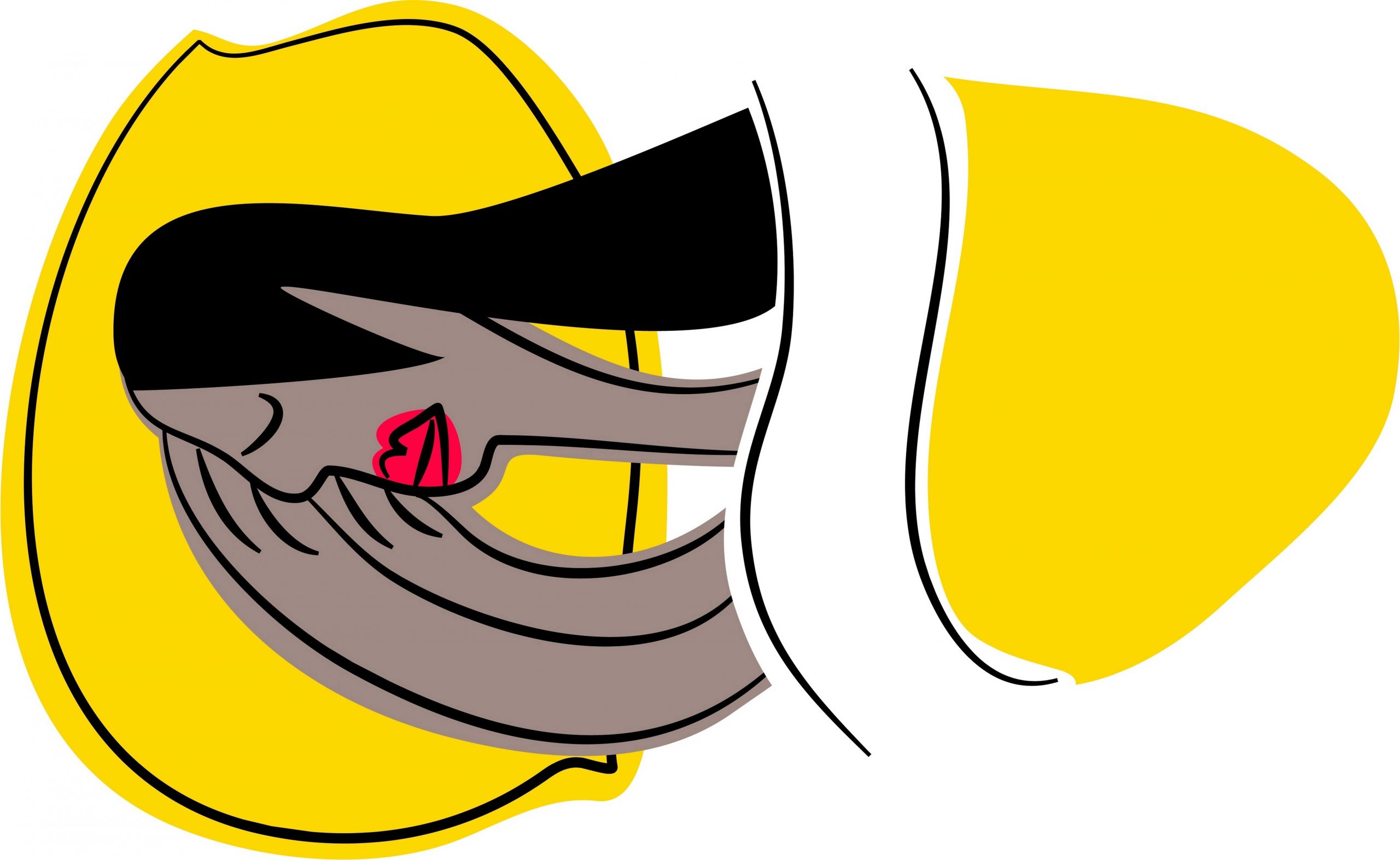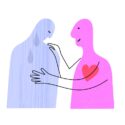
Sleep is essential to functioning correctly in your busy waking world – here we explore some ways you can make the most of the twilight hours.
Difficulties sleeping? Tossing and turning? Do you feel anxiety or have ideas going round in circles and preventing you from sleeping? Finding it hard to concentrate on work the next morning and wishing you were feeling energetic and refreshed?
Sophrology has been at the forefront of helping people deal with insomnia for more than 50 years. It is being used in hospitals around continental Europe where in Sleep Clinics, Doctors recommend it as the essential tool to a better night of sleep. So, if like so many people you wish your nights were a bit more peaceful, this article is for you!
Please note: it is always best to consult with a Sophrologist in case of severe insomnia but you could try the exercises at home first, especially if you have not been sleeping well only recently.
Sleeping is switching off
First, it is important to understand how sleep works in order to make sense of those ‘gaps’ during the night when sleep is eluding us. We all sleep in sleeping cycles of about one hour and 30 minutes – going first into deep sleep, and then into light sleep and dreaming, before starting another cycle again. We may wake up in between two cycles. If we wake up fully and have difficulties sleeping, we may find it hard to fall back to sleep before the next cycle, therefore spending the next hour and a half or so awake.
Sleep is generally deeper during the first half of night and gets lighter as the hours go by, which is why we may sleep quite soundly at the beginning of the night and then wake up in the very early morning.
For children, sleeping is a time of general growth; for adults, it is a time when our neurons work, our brain grows and our immune system is strengthened.
We do not all need the same amount of sleep. Light sleepers may feel perfectly refreshed with only five hours of sleep, heavy sleepers may need 10! It is usually considered that five hours per 24 hours is a minimum for all (per 24 hours, not per night: it may be sleep at night and naps). So how do you know if you are sleeping enough? A good indication is if you feel tired during the day. Then you are probably not getting enough sleep.
How to find your own sleeping rhythm
During a holiday of at least one week, where you can go to bed when you feel tired and get up whenever you feel like it, write down approximately the time you fall asleep and the time you wake up. See how many hours that amounts to and try to stay as close to that rhythm as possible when you go back home.
Your sleeping environment
If sleeping is a problem, you may want to check your sleeping environment first, as even the smallest details could make a difference. Try these tips:
– Avoid light and noise in the bedroom, even the smallest standby light or alarm clock with fluorescent numbers is too much.
– All electrical devices (radio-alarm clock, mobile phone) are to be avoided. But if you can’t, place them at least one meter away from your head.
– Choose a good mattress and a nice sleeping environment.
– The room needs to be not too hot and well aired.
– NO screens (TV, PC) in the bedroom. If you cannot avoid one, cover it during the night and switch it off completely.
– Avoid watching TV or using a computer, or any kind of screen, for at least 30 minutes before going to bed.
– Go to bed at a regular time as often as possible.
– Be ready to go to bed when sleep comes: when you feel your eyes itching, closing or feeling heavy – go!
– Try not to eat too late and not too much (avoid meat, alcohol and cigarettes at night).
– If you play sports, avoid doing so late in the evening.
– Take a warm shower or bath, but not too hot (it would raise the body temperature too much, sleep only happens when your body temperature decreases slightly). Add lavender essential oil to it to calm you down if need be.
How can Sophrology help with sleeping?
A little practical advice
If you wake up during the night and feel restless, instead of tossing and turning, drink water or herbal tea, walk calmly, breathe, read or write. Do NOT watch TV or turn on the computer. Be aware of the signs of sleep coming back and go straight to bed. If you feel better staying in bed, take the opportunity to try some Sophrology exercises.
If need be, make a list of everything you have to do the following day before going to bed so that you are certain you will not forget anything and feel calmer. If too many ideas go round in your mind, imagine you are putting them in a box where they won’t bother you and you can find them again the following day if you need them.
Sophrology exercises to do during the day to prepare for a better night’s sleep:
• Take several one-minute breaks each day: close your eyes, breathe out loudly, let your shoulders down, unclench your jaw, feel your feet on the floor.
• If you have too much on your mind or something is bothering you: stand up, take a cushion, close your eyes, imagine you are putting all the annoying ideas in the cushion, and breathe out loudly while throwing it on the floor. Repeat three times and listen to how you are feeling.
• Concentrate on your five senses: on your food when you eat, on what you can see, smell or hear during the day – especially if it makes you feel good!
Sophrology exercises for the night if you wake up and cannot go back to sleep:
All these exercises are to be done lying in bed, as soon as you realise you are waking up and feel too awake. Try them all, choose those you like and work with one or a combination.
• Count up to three as you breathe in, count up to four as you breathe out, count up to three while you gently hold your breath, your lungs empty. Repeat this as much as you can and make it as regular as possible. Do not force your breathing; find a rhythm that works comfortably for you.
• Breathe in and contract all your muscles from head to toe very gently then breathe out loudly and let go and relax. Do this three times and listen to how you are feeling.
• As you breathe in, imagine you are breathing in a calming word like ‘peace’, ’calm’ or ’quiet’.
• Imagine a pure blue sky, a yellow glider going round and round slowly, clockwise, and going away, far away, slowly, higher and higher in the sky, getting smaller and smaller until it is only a small dot on the horizon.
• Imagine going down a staircase, soft lights around you, and step after step, you go down quietly towards a room. In the middle of the room lies a large king-sized bed, soft and comfortable where you can lie down to sleep.
Good night, sleep tight!
Sophrology is a structural holistic therapy using relaxation and breathing techniques, concentration, visualisation and simple movements, at the crossroads between Western relaxation techniques and Eastern meditation.
Florence parot
Florence Parot started practicing Sophrology 17 years ago after her burn-out and found it so beneficial that she decided to share it with others. She graduated from one of the leading Parisian Schools of Sophrology and later qualified in Life Coaching and Nutrition. She specialises in stress management, burn‑out prevention and sleep problems. She is Founding Director of The Sophrology Academy, the first Sophrology school in England. She works on a one-to-one basis from her clinics in Kent and London, and runs burn-out prevention retreats.
Before Florence specialised in Sophrology, she worked for 12 years in the corporate world in a PA/Office Manager capacity.
She is a member of The British Register of Complementary Practitioners, the Complementary Medical Association, the French Association for Professional Sophrologists and the French Sophrology Society.
Sophrology is a structural holistic therapy using relaxation and breathing techniques, concentration, visualisation and simple movements, at the crossroads between Western relaxation techniques and Eastern meditation.
Connect with Florence via contact@sophroacademy.co.uk twitter.com/sophroacademy or www.sophroacademy.co.uk.













